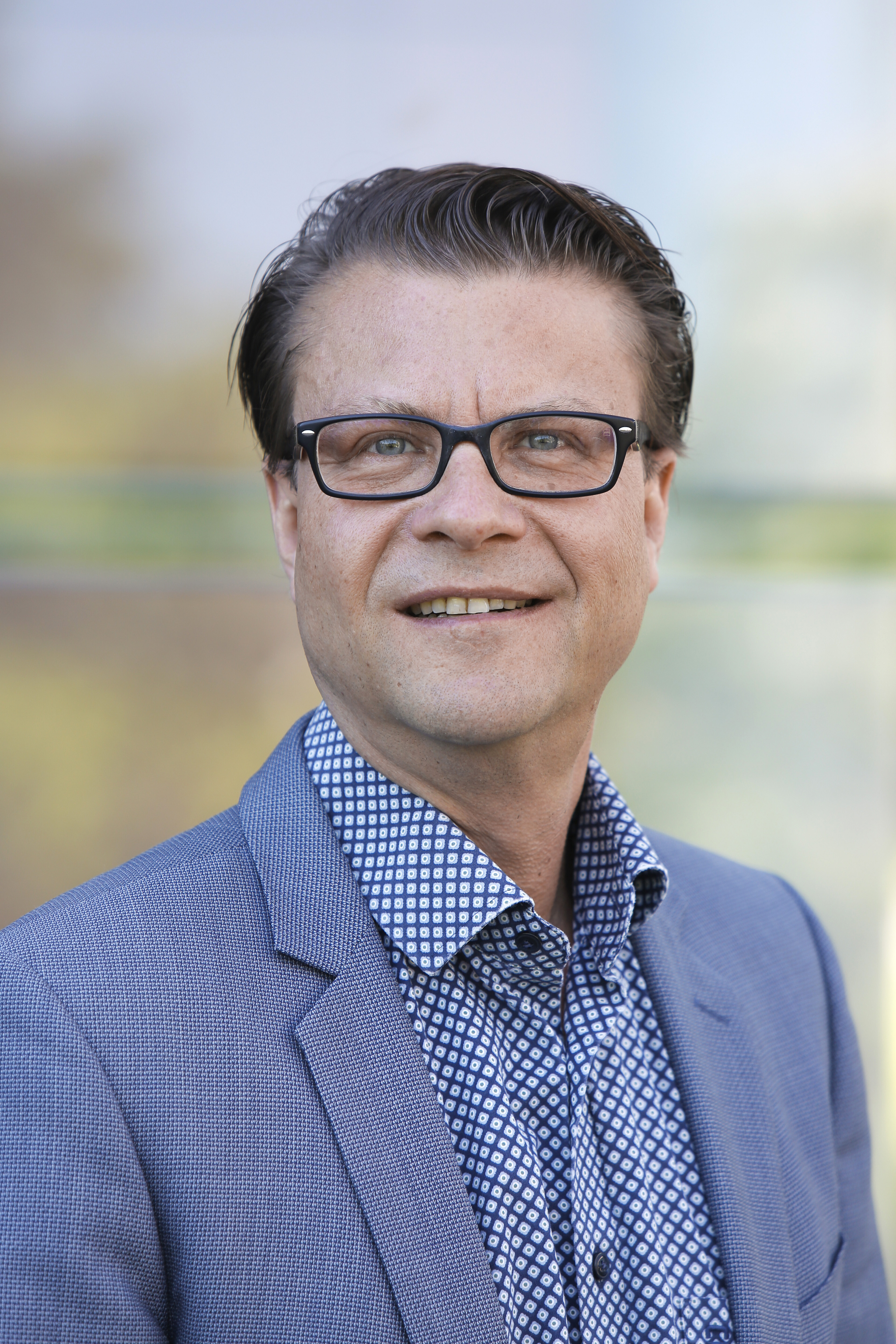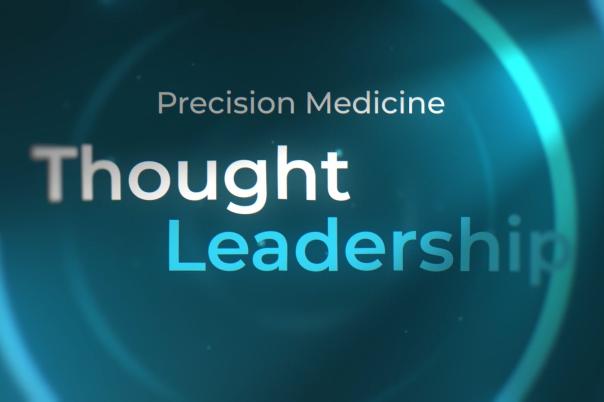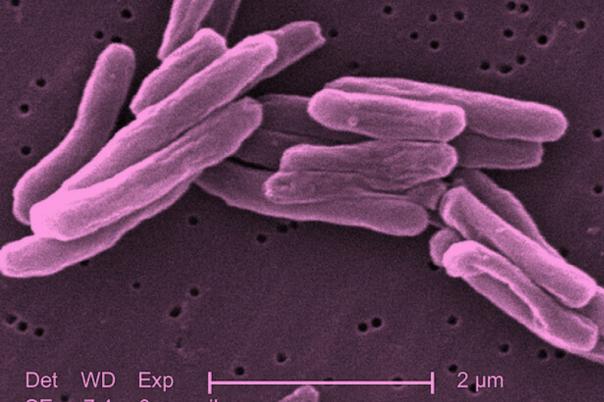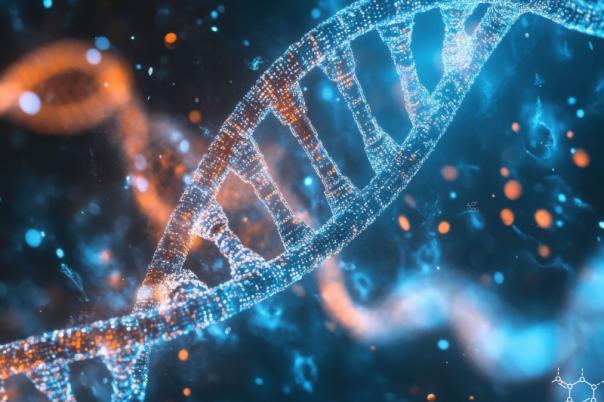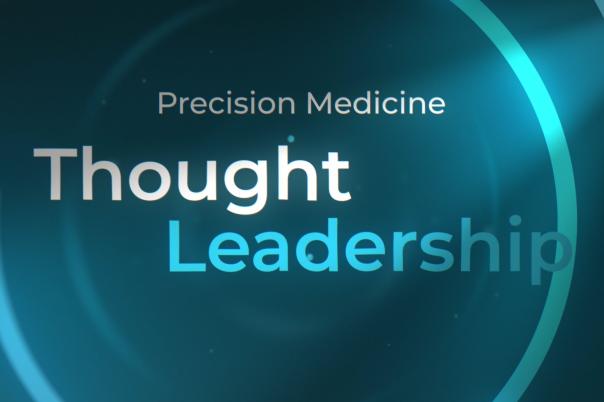Michael Rieger's presentation focused on his extensive research into haematopoiesis and blood stem cells, particularly through the application of single-cell technologies. His laboratory at University Hospital Frankfurt had been dedicated to this field for nearly two decades, aiming to unravel the complexities of human hematopoietic stem cells (HSCs) despite the challenges posed by the lack of specific surface markers.
Rieger explained that haematopoiesis begins with HSCs, which are located at the apex of the hematopoietic hierarchy and give rise to various blood cell lineages. While the hierarchical organisation of haematopoiesis was well-established in murine models, it remained less clear in humans due to the heterogeneity of HSC populations. To address this, Rieger's team collaborated with Becton Dickinson and other research groups to design assays targeting genes crucial for normal and leukemic HSCs. They analysed over 60,000 cells from healthy donors using a cite and seq approach, confirming the hierarchical organisation and identifying early differentiation markers.
The study revealed that older individuals exhibited a higher proportion of phenotypic HSCs but showed diminished functionality, particularly in lymphoid differentiation, indicating a loss of hematopoietic fitness with age. Additionally, new markers such as GPR126 and PDL2 were identified as potential HSC markers, with PDL2 demonstrating immune modulatory functions that could impact T cell activation.
Rieger's research provided a reference map of human bone marrow stem progenitor cell populations, highlighting the need for further functional studies on newly identified markers and their roles in hematopoietic differentiation. The findings underscored the importance of single cell sequencing in resolving the molecular and functional heterogeneity of HSCs, paving the way for improved isolation and understanding of these cells.
In conclusion, Rieger's presentation emphasised the collaborative efforts and innovative approaches taken to advance the understanding of haematopoiesis and blood stem cells, offering valuable insights into the impact of age on HSC functionality and the potential of novel markers in enhancing stem cell research.
